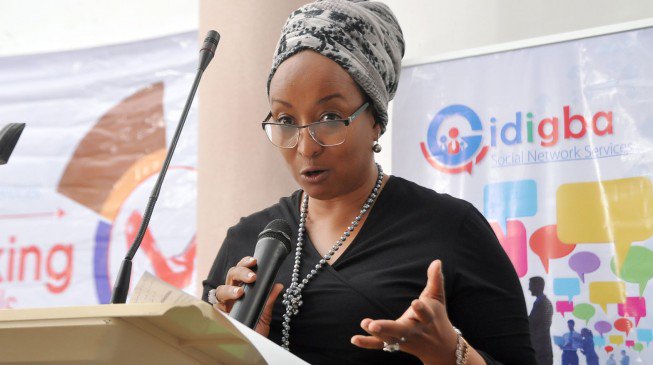Not less than 620,947 poor and vulnerable Nigerians are currently benefiting from the National Cash Transfer initiative. Maryam Uwais, the Special Adviser to the President on Social Investments, made this known in Abuja.
Uwais, however, stated that reports which earlier claimed that 6.6 million poor and vulnerable Nigerians were benefiting from the scheme were “not correct.”
According to her, “Although 1,491,296 households, comprising 6,056,872 individuals have been captured on the National Social Register, only 620,947 of them are currently receiving the monthly payments and are being supported by trained community facilitators.
“I also want to clarify reports making the rounds that the Federal Government made a budgetary provision of N30 billion for 2020, as against the usual 500 billion benchmarks for the N-SIP since 2016. Nothing has changed in the budgeting cycle as relates to the Social Investment Programmes (SIP).
“The SIP budget has always been pegged at N400 billion, while another N100 billion has been domiciled in the Federal Ministry of Finance, as a counterpart of the Social Housing Fund.”
Uwais added that she hopes that shortfalls in budgetary releases in the last three years would be a thing of the past. “In 2016, we got 16 per cent of our budget; we got 36 per cent in 2017, and 53 per cent in 2018.
According to her, “But, in spite of the shortfalls in budgetary releases, the National Social Investment Programme has been very successful. It has impacted on 13 million people across the country, with 44 million as secondary beneficiaries comprising families, agents, farmers and others in the value chain.”



 Premier League
Premier League